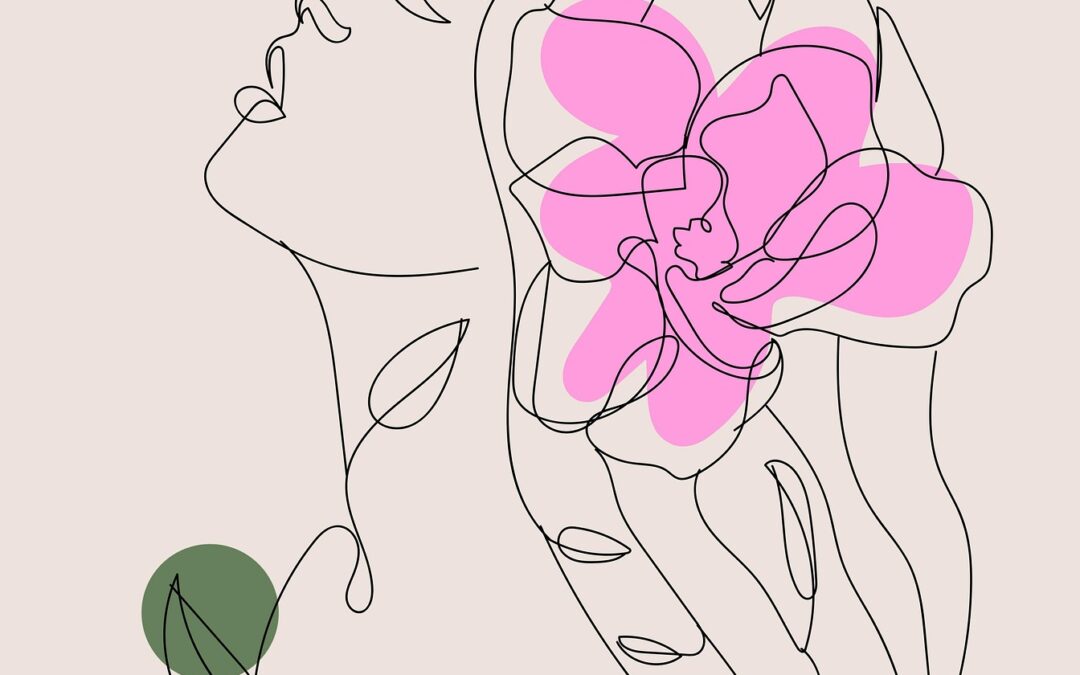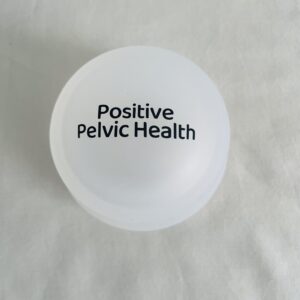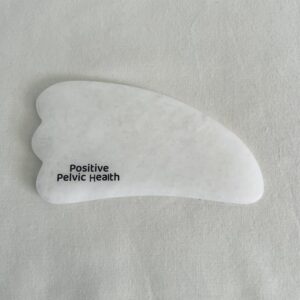When women come to the Positive Pelvic Health clinic with symptoms of vaginismus, they often bring more than just physical symptoms. They carry frustration, shame, and the deep emotional burden of feeling confused by their own bodies. I want every woman to know this: you are not alone, your pain is real, and there is a path forward.
Vaginismus is a condition where the muscles around the vagina involuntarily tighten, making penetration painful or impossible. This can be during sexual intercourse, tampon use, or medical examinations. It’s often misunderstood, misdiagnosed, or for some women minimised and brushed aside.
Here are some common causes:
- Psychological Factors: Anxiety, fear of pain, past trauma (such as sexual abuse or assault), negative/cultural/religious beliefs about sex, or relationship issues can all contribute to the development of vaginismus.
- Emotional Factors: Stress, guilt, shame, or emotional discomfort around sex or intimacy can lead to muscle tension and avoidance behaviours.
- Physical Causes: Medical conditions such as infections, endometriosis, childbirth injuries, menopause-related dryness, or past surgeries can make penetration painful, leading the body to involuntarily tense up as a protective response.
- Learned Response: If a person experiences pain during penetration, they may begin to subconsciously anticipate pain, leading to a cycle of fear and muscle tightening.
Vaginismus is a real condition with real solutions and it is definitely not “in your head.” Thankfully, pelvic floor physiotherapy is one of the most empowering and effective treatment options available.
Understanding vaginismus from a holistic perspective
Vaginismus doesn’t just affect the pelvic muscles; it affects the whole person and every woman’s journey is unique. I therefore use a biopsychosocial approach, which considers the biological (physical), psychological (emotional), and social (relational) aspects of the condition. Although it can be useful to gently assess the pelvic floor muscles to identify areas of tension, guarding, or overactivity, there is so much more to consider. I listen. I validate. And I work collaboratively with you to create a treatment plan that respects your boundaries whilst meeting your goals.
What a typical treatment journey may look like for a woman with vaginismus:
- Education: Understanding how your pelvic floor works and why it may be reacting with fear or tension is the first step toward healing.
- Breathwork and Relaxation Techniques: These techniques can help calm the nervous system, release subconscious guarding, and build a new relationship with your body.
- Manual Therapy: Gentle, internal and external techniques to reduce muscle tension and restore balance to the body and pelvic floor.
- Dilator Training: If appropriate, I guide you through gradual desensitisation using vaginal dilators, which help stretch the vaginal tissues. This is always explored at a pace that is right for you.
- Empowerment Coaching: I support your emotional healing, helping you rebuild trust in your body, regain confidence, and reconnect with pleasure.
Pelvic health physiotherapy is empowering, not invasive
Many women are hesitant about seeking pelvic health physiotherapy because they fear it will be invasive or retraumatising. For me, a woman’s full, informed consent and comfort are central to everything I do. You are always in control.
Real Healing is Possible
Healing from vaginismus isn’t always linear, and it’s not always easy, but it is absolutely possible. It is about giving you the tools, education, and support, to reclaim your optimal pelvic health, on your terms. I have worked with women who once felt hopeless and have supported them rediscover joy, intimacy, and ownership of their bodies.
If you’re struggling with vaginismus, please be assured that your body is not broken, and you do not have to navigate this alone. Pelvic health physiotherapy offers a safe, compassionate, and effective way forward that can be transformative and life changing.
You deserve to feel at home in your body. I’m here to help you get there.
Jennifer runs an in-home clinic in Maungaraki, Lower Hutt. She helps women from the Wellington region, including Porirua, Upper Hutt, the Kāpiti Coast and the Wairarapa, with their pelvic health physiotherapy needs, at all stages of life.



